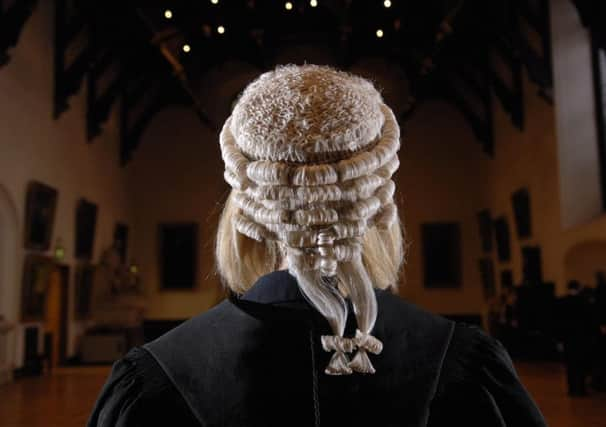For a small number of clients, the redress remains unmet


The Scottish Legal Complaints Commission’s Consumer Panel recently held a round table event in Edinburgh. The event, attended by legal professionals and consumer-interest delegates, explored how those consumer principles should impact on the provision of legal services in Scotland.
One of the principles is redress – ensuring that consumers have access to a process which is independent and effective in affecting appropriate redress when things go wrong. This is a live issue for the Scottish Legal Complaints Commission (SLCC).
Advertisement
Hide AdAdvertisement
Hide AdLast year, we awarded just under £325,000 to legal consumers who had experienced poor levels of service. However, for a small number of clients, the “award” of redress still remains unmet.
How can that be the case?
Let’s take the case of Mr A. He complained to the SLCC that his solicitor lost documents, failed to keep him updated about his court dates and failed to pass on important information regarding his case. In January 2015 we ordered a full refund of the solicitor’s fees and for the firm to pay £3,500 in compensation to Mr A.
Payment was not made by the solicitor and we discovered that he had been sequestrated by HMRC. We submitted a claim with the Trustee in bankruptcy who, in turn, made a claim with the professional indemnity insurers. The compensation was eventually paid out in April 2016. However, because the insurers do not recognise claims for refunds of fees, the £700 refund ordered is still unpaid.
In the case of Ms B, she instructed a solicitor for a claim at an Employment Tribunal involving her former employers. She complained to the SLCC because of delays and errors from the solicitor.
In August 2014, the SLCC ordered the solicitor to refund her £1,500 fees in full, pay £3,000 compensation for inconvenience and distress and a further £500 for her actual loss. However, the solicitor in question had not been contributing to the Scottish Solicitors’ Guarantee Fund (now called the Client Protection Fund) and did not have professional indemnity insurance cover. He is now paying the money by small instalments which, at the current rate, will result in full compensation being paid in 19 years!
And there are other problems which block redress – firms being taken over by other firms who don’t take over the liabilities of the old firm, or firms simply changing their name and dissolving their previous incarnation.
While most lawyers in Scotland do an excellent job, and these situations are thankfully rare, they highlight holes in the current redress system which require to be plugged. For the clients concerned, they represent intense frustration at the end of what is often a lengthy complaints process.
The Scottish Government recently launched a long-anticipated review of legal regulation in Scotland – a review which will include the legal complaints process.
David Buchanan-Cook is Head of Oversight at the Scottish Legal Complaints Commission